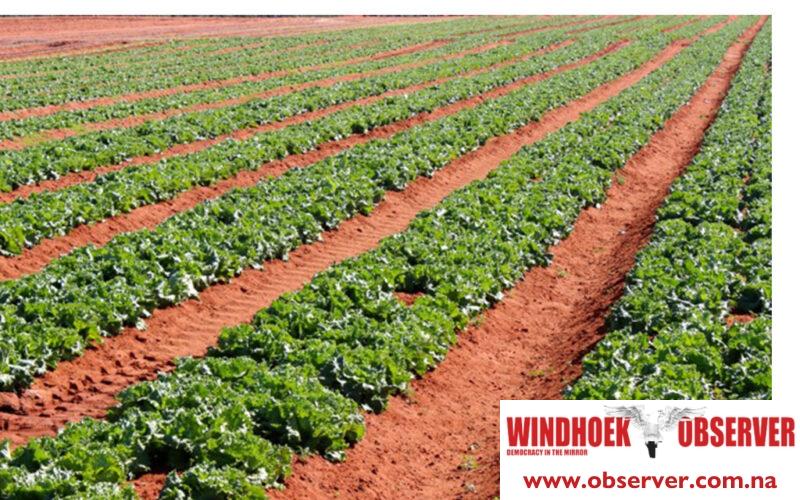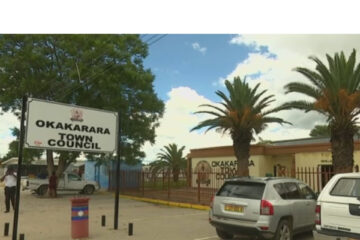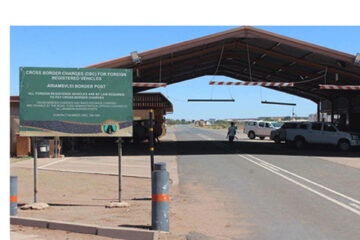Martin Endjala
The Ministry of Agriculture, Water, and Land Reform has declared its intention to provide subsidies to farmers in various regions through its agriculture program.
The estimated funding for this initiative is approximately N$62 million.
According to Jona Musheko, the ministry’s spokesperson, these subsidised production programs are not new and are implemented annually.
The program has already started and will continue until next year.
“The subsidies are as high as 65% and 50% minimum. Three are available in all regions, apart from the dairy, which started as a pilot and is now slowly moving to other regions. We have doubled most quantities due to high demand meant for youth, women and PDGs,” he said.
Musheko said a brief analysis might indicate disparities in funds allocated to regions based on demand and previous expenditures, given that some regions are strong in poultry and some in horticulture, and each is accommodated accordingly.
“We are ready to subsidise dairy producers up to N$200 000 per farmer to subsidise farmers intending to add value to milk (purchase of machinery or stock/quality bull),” he explained.
He further said the ministry is also ready to subsidise horticulture producers’s irrigation systems worth N$140 000.
“We could do more if we had much, for ease of reference to what’s allocated to these very important schemes this financial year,” he said.
As a result, the ministry has implemented a variety of modalities, including a rain-fed agronomic subsidy program worth over N$44 million.
This program permits identified farmers to apply for government ploughing services and tillage mechanisation.
The programs target Kavango East and Kavango West, Oshana, Omusati, Kunene, Zambezi, Ohangwena, Oshikoto, Omaheke, and the Otjozondjupa regions.
According to the ministry’s executive director, Ndiyakupi Nghituwamata, another program it implements is the dairy producer subsidy, known as the Dairy Development Value Chain Scheme.
This scheme aims to develop and support a modern, self-sustaining industry based on small, medium, and large-holder production schemes.
“The scheme seeks to link informal milk production to formal markets, including OMAs, catering services and retailers, thereby increasing the production of milk and dairy products in the country,” she said.
Because milk and dairy products have a low market share in the formal market, the country relies primarily on imports.
She said the scheme has the potential to make Namibia self-sufficient in milk and dairy products by integrating small-scale rural dairy producers into the mainstream of the national dairy industry.
The program will be implemented in the Otjozondjupa, Omaheke, Hardap, and Zambezi regions during the 2024/2025 financial year, targeting 60 existing dairy producers.
The ministry has allocated approximately N$1.2 million for this program, of which N$100 000 will come from dairy development (cattle and goats).
The ministry has also implemented the Poultry Value Chain Development Scheme, an initiative of the MAWLR in line with the Fifth National Development Plan (NDP5), the Harambee Prosperity Plan, and the ministry’s strategic plan to empower the least privileged communities and reduce income disparity.
The budget for this program is N$5 million. The overall objective is to provide poultry producers with subsidised inputs and capacity building along the value chain to enhance poultry production and productivity, generate income, create employment, and improve their socio-economic situation.
The scheme is implemented in all 14 regions, focussing on individual communal, resettled, Affirmative Action Loan Scheme farmers, and peri-urban and urban area producers.
A horticulture program with a budget of N$9 million has also been implemented. The program aims to increase food production and productivity for enhanced food security and to create the resilience of horticulture producers to climate change.
During the 2024/2025 financial year, the program targets to benefit 1000 small-scale horticulture producers.
The program assists horticulture producers with an average production size of 0.01 to 0.5 hectares and fodder producers with a maximum of one hectare.
The ministry further implemented a Comprehensive Conservation Agriculture Programme worth N$3 million for all regions.
The program aims to reduce and reverse land degradation, as well as mitigate the impact of climate change, by adopting conservation agriculture as a basis for sustainable crop production and improved food security at the national and farm levels.




